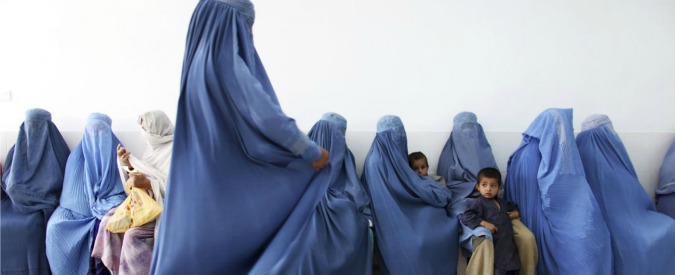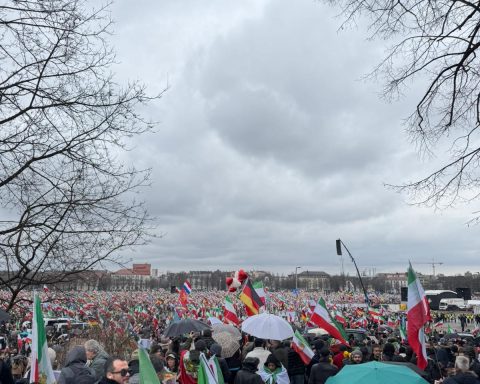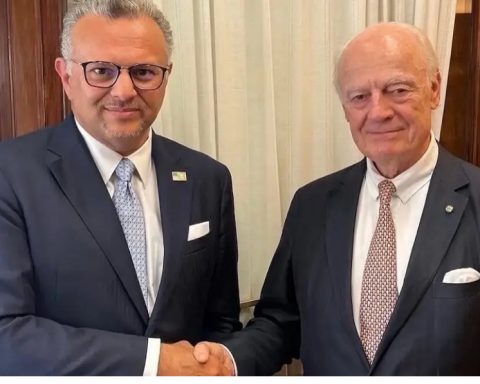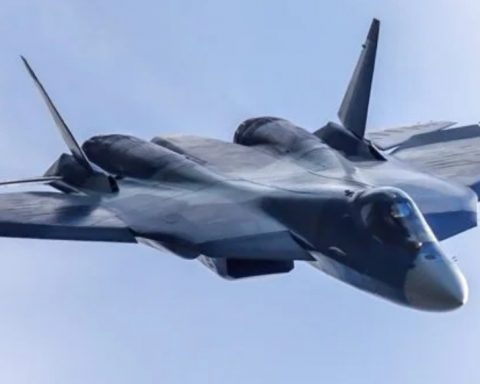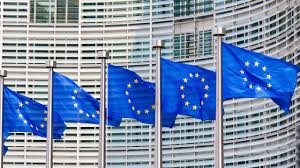Afghan Conference Grapples With Women’s Rights, Other Issues, Despite Taliban Boycott – Women’s rights were high on the agenda on February 19 as special envoys from more than two dozen nations, but not including Taliban representatives, gathered in the Qatari capital for the second day of a UN-sponsored meeting on the “evolving situation” in Afghanistan and possible international engagement since the Taliban took control in mid-2021.
UN Secretary-General Antonio Guterres held closed-door sessions with the representatives of several nations and organizations on the first day in Doha.
Mahbouba Seraj, a civil society and women’s rights representative who is in Doha along with a number of other Afghan participants not affiliated with the Taliban government, told RFE/RL’s Radio Azadi that priority topics will include the plight of women and girls under the Taliban.
She expressed hope that hers and other women’s voices will “finally be heard, that this issue will be followed up on, and indeed someone” will take up the cause of Afghan women, who are routinely discriminated against and isolated under the hard-line fundamentalist Taliban.
Girls above the sixth grade have been barred from attending school, universities are closed to women, and work in the nongovernmental sector and among most government bodies has been banned for women, in addition to other restrictions.
The Taliban leadership declined the invitation from the UN Department of Political Affairs and Peacebuilding (DPPA) to attend the gathering. Organizers said participants from 25 nations and groups would include those from “Afghanistan, the wider region, and beyond.”
“Other regional organizations working actively on Afghanistan such as the Organization of Islamic Cooperation, the European Union, and the Shanghai Cooperation Organization” were also expected to be there.
The Taliban government remains overwhelmingly unrecognized internationally since taking over following the withdrawal in mid-2021 of the U.S.-led international coalition that spent two decades in Afghanistan after the events of 9/11.
The Taliban’s Foreign Ministry on February 17 said that due to the nonacceptance of its demands, it did not consider participation in the Doha meeting to be fruitful, expressing anger over the planned appearance of non-Taliban Afghan representatives at the sessions. The Taliban has long had a representative office in Qatar.
The DPPA said the current session would “take place in the context of Security Council resolution 2721 (2023), which encourages member states to consider increasing international engagement in the country, with the objective of a ‘clear end state of an Afghanistan at peace with itself and its neighbors, fully reintegrated into the international community, and meeting international obligations.’”
The gathering is the second such meeting organized by the UN in the past year following a session in May 2023.
